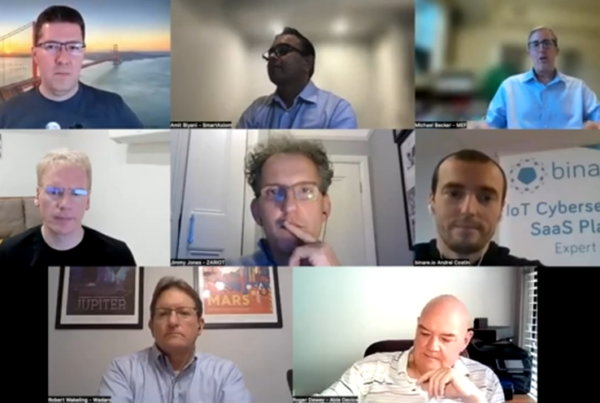MEF Advisor Ross Flynn shares news of changes to UK regulator Ofcom’s rules around CLI data, and what the changes signal for the UK and broader telecoms industries.
You don’t have to be in the telecoms industry to know that scam calling is absolutely rife at the moment. You know it, I know it and it seems the regulators are noticing it as well. That is certainly the case in the UK where the government regulatory body, Ofcom are beginning to come in with the hammer.

The most notable change that will be enforced is that Ofcom have decided to modify one of their rules (General Condition (GC) C6) to require telecom providers, where technically feasible, to identify and block calls with Calling Line Identification (CLI) data that is invalid, does not uniquely identify the caller, or does not contain a number that is dialable. The format of a CLI should be a 10- or 11-digit number. Also, providers need to be actively:
- making use of information that identifies numbers which should not be used as CLI, such as Ofcom’s numbering allocation information and the Do Not Originate (DNO) list;
- identifying calls originating abroad that do not have valid CLI and blocking them;
- identifying and blocking calls from abroad spoofing UK CLI; and
- prohibiting the use of 09 non-geographic numbers as CLI.
Telecoms providers in the UK will have until 15 May 2023 to comply with these changes.
What these changes are alluding to is one of the most common ways we see scamming occur, through ‘spoofed’ numbers in which victims give over their personal and financial information to scammers because the CLI data gives of the appearance of being from a reputable source.
One of the most common ways this happens is when a number outside of the UK gives the appearance of being a UK number.
At MEF, we usually take the stance that, when it comes to regulation, a light touch is better suited to allowing the ecosystem to flourish while protecting the consumer. The flip side of this is that lighter regulation means more responsibility for everyone on the value chain. We can’t be given the freedom to operate and not be expected to do so in a sustainable way. However, actually reviewing the changes we can see that they are not that severe, and some may even be surprised to learn they hadn’t been enforced before.
While this is the case, it’s not a good sign of how we are doing. If this doesn’t lead to a noticeable improvement, we could begin to see more severe regulation which threatens to suffocate the market. To do your bit in improving this situation and prevent further change, get involved with MEF’s SMS Registry to take control back into the telco’s hands, growing the ecosystem for everyone while helping the consumer.





